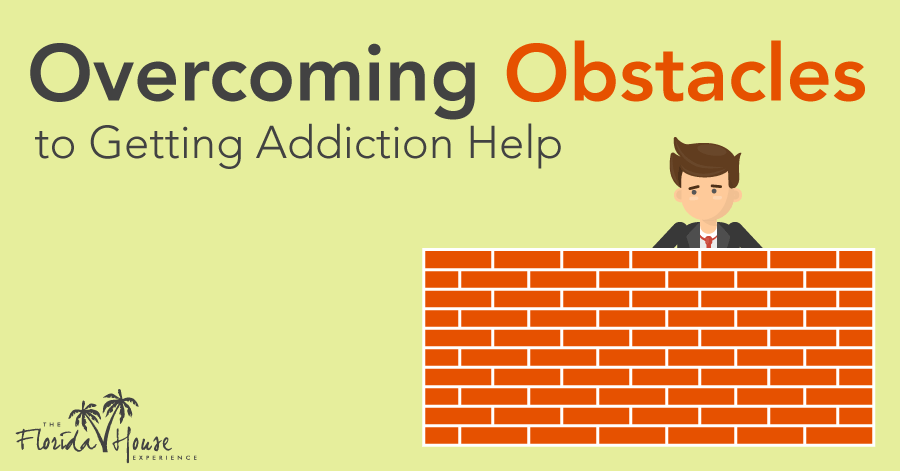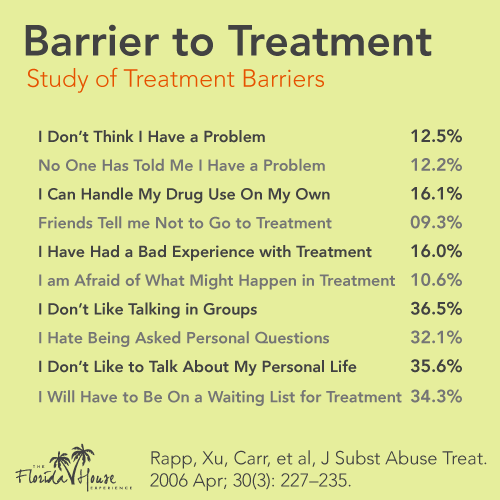
Asking for help is scary. It forces us to show our vulnerability and give up control over the situation facing us. It also makes us feel like we’re burdening the person we’re asking to help us. This is hard for a lot of people to do because of these mindsets, but it is necessary in most cases. An addiction disorder is one of these necessary times when it is perfectly acceptable to ask for help.
Once needing help is admitted to, more obstacles lay in the way. Realizing there are ways to overcome any and all obstacles and excuses is the next step in a full recovery from addiction.
What Is Addiction and Why Do People Become Addicts?
Addiction, like many other diseases, is a disorder that slowly forms over time within a person. This is caused by the continual usage of drugs or alcohol over an extended period of time. Although addiction does not discriminate against anyone when choosing who it affects, it does affect everyone differently. Some people may become addicted to the alcohol or drugs they are using the very first time they use them. It may take others much longer to develop an addiction to a substance.
The substances being abused cause serious damage to the brains of individuals who have become addicted to them. A person who is addicted to a substance will eventually build up a tolerance to it, which means the effects will lose their strength with continual use. Because of this, they will not only continue to use alcohol or drugs but also increase their dosage as time goes on.
People use substances like drugs and alcohol and become addicted for many reasons. Often times it’s to relieve the thoughts and stresses of certain situations in their life such as their jobs or traumatic events they have gone through. They are also used because of influential factors like family members and friends who peer pressure them into using.
What Are The Signs Of Addiction?
Signs of addiction are put into two categories: behavioral and physical. Most behavioral signs of addiction revolve around loss of control. This can be loss of control in thoughts and actions because of the obsessive need to use, or it can also take the form of not caring in regards to harm caused within the body and what the drugs or alcohol is ultimately doing to someone who is addicted. Individuals going through addiction also deny or hide their substance use in order to avoid the chance of someone noticing they are excessively using.
As far as physical signs go, a person’s body that is addicted to drugs or alcohol is very noticeably changed with extended use. Their weight will often fluctuate up and down and their face may appear sunken in. They also will usually have slurred speech and dilated pupils on a regular basis. As a result, their appearance will appear to be unkempt on most occasions, even in professional settings.
Why Is Treatment Needed?
The hold that alcohol and drugs can have on a person’s life is almost unbreakable. Someone facing something as serious as addiction cannot physically and mentally overcome it alone. Because of this, treatment facilities and methods are needed in order to loosen the grip the addiction has on a person’s life. Specially trained doctors and therapists use techniques and medications to slowly wean an addicted individual off of their abused substance. This, in turn, sets them up for a quicker and more efficient road to a full recovery.
Barriers to Getting Treatment
 Just because help has been asked for and addiction treatment has been agreed upon, this does not guarantee that someone willing to face their addiction will be able to receive the required care and guidance necessary to overcome their disorder. Some barriers that could stand in the way of receiving help are:
Just because help has been asked for and addiction treatment has been agreed upon, this does not guarantee that someone willing to face their addiction will be able to receive the required care and guidance necessary to overcome their disorder. Some barriers that could stand in the way of receiving help are:
- Living in a rural area where treatment facilities are few and hard to get to
- Treatment centers that have enough space within their facilities to house the individual
- Knowledge of treatment options available and which ones would be the best fit
- The overall cost of treatment options
- Insurance coverage of medications, therapy sessions, doctor’s visits, etc.
- Communication between staff at treatment centers and the individual trying to receive care
How to Overcome the Barriers
Although plenty of barriers exist that give people suffering from addiction excuses to avoid getting the treatment they need, these can be overcome in many simple ways. Education is the basic key of all of this, as well as having a healthy support system. As far as the cost of treatment, talking to family members and friends who are willing to help with the money needed is always an option. If they are unwilling, there are personal loans and insurance that can be applied for in order to help pay for some of the cost of treatment.
Keeping an open mind about everything will often help with any struggles you may have to overcome in order to receive the treatment you need. It’s very hard to stay in a positive mindset when faced with addiction, but if you are willing to get the help you desire, you will succeed in doing so.
Spreading the Word
If you have completed addiction treatment recently or in the past, there are ways for you to spread the word to those who currently want to receive help for their addiction disorders. At Florida House, we have an Alumni and Aftercare service that allows recovered addicts to help those in need as well as further their own recovery. We consider all of our alumni a part of the family here at our facilities, and we encourage each and every one to assist in the recoveries of current patients.
If you wish to be a part of any volunteer activities or you believe you or a loved one are in need of drug or alcohol rehabilitation services, do not hesitate to contact us today at (833) 596-3502.






